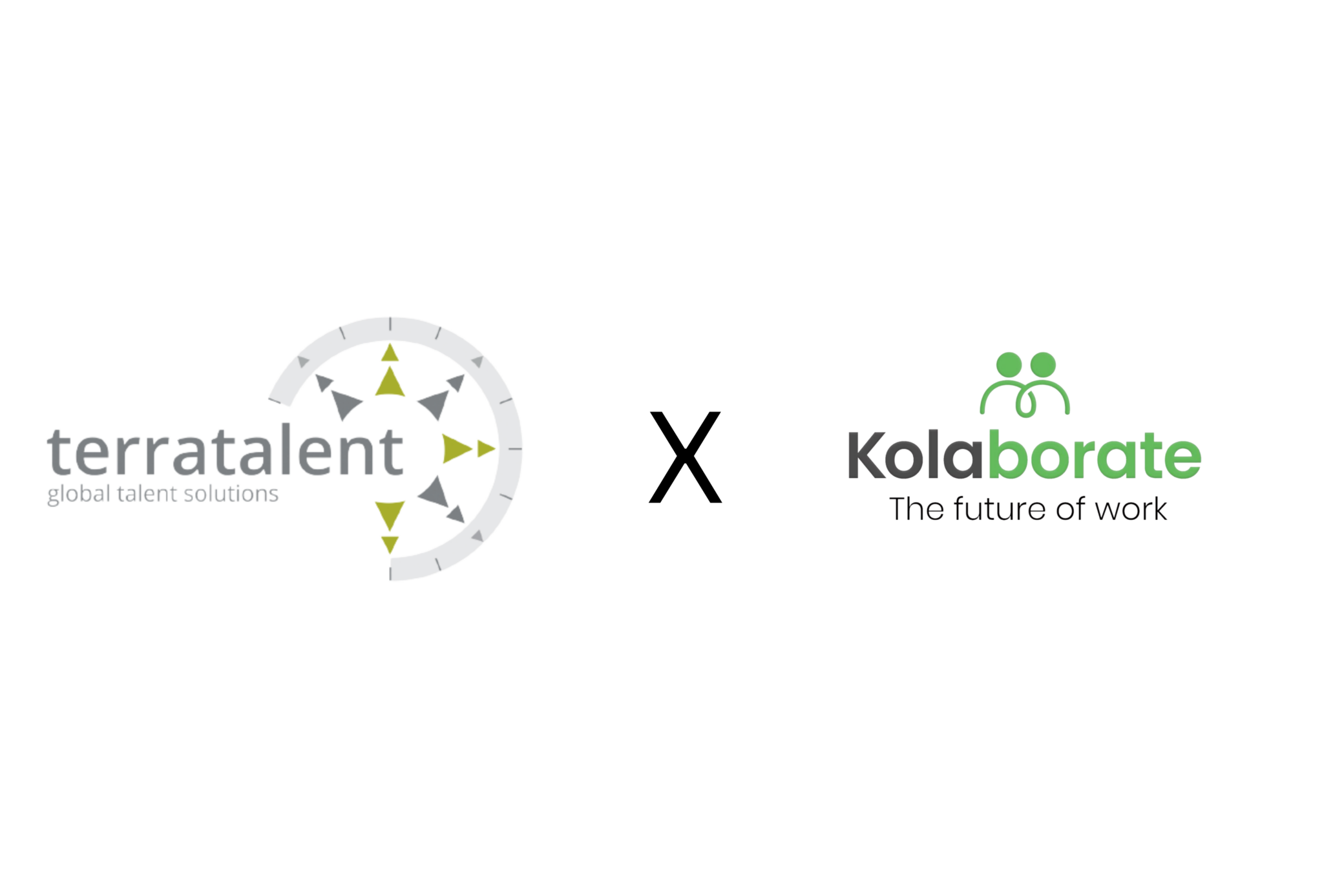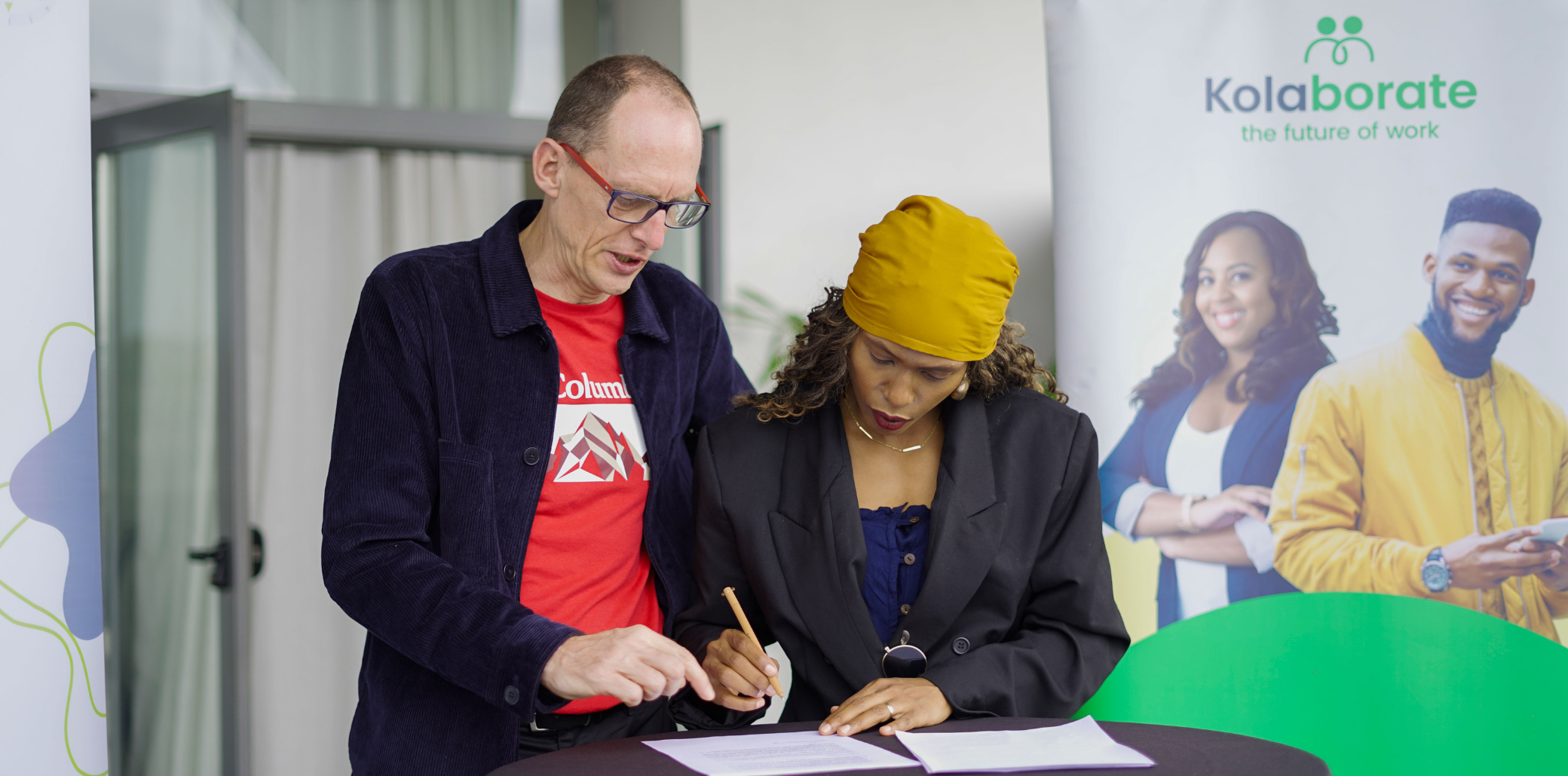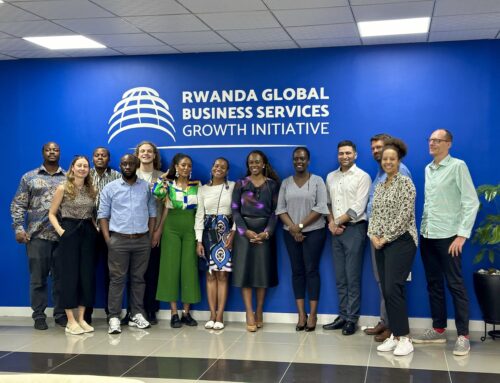Talent Platforms – Difference between India and Africa: Partnership with Talent Platform Kolaborate (Uganda)

The global labour shortage is increasing, and one of the many strategies to alleviate the shortage of skilled labour is through talent mobility. Germany is one of many developed economies suffering from labour shortages due to an aging population and fast growth of new industries. Specifically, there are regions and subcontinents with abundant younger and readily available skilled workers to address the gap in Germany. India, Africa, and South America are among the many regions brimming with skilled professionals.
India is one of the most important countries of origin for immigrants in Germany. The number of Indian nationals living here more than tripled between 2012 and 2022 and now stands at over 210,000 people (Destatis, 2023). In March 2023, almost 116,000 of them were employed (Federal Employment Agency BA, 2023). In June 2023, most of the employed people from India were working in the information and communication sector, accounting for 21 percent of the total. In comparison, the proportion of all employees from third countries in this sector was much lower at 5 per cent (BA, 2023).
Talents from Africa are lagging far behind in terms of numbers. Why is that? We see three main reasons for this:
1. Access to the labour market by studying in Germany
More than 380,000 international students were enrolled at German universities in 2022/2023 (iwd Cologne). With a share of 32 percent, the Asia/Pacific region is by far the most important region of origin for international students at German universities and universities of applied sciences. Of these, around 43,000 Indians in 2022 studied at a German university – 146 percent more than in the 2017/18 winter semester.
The largest number of students from Africa in 2022/2023 came from Egypt (8,083), followed by Cameroon (7,537) and Morocco (7,478) (Statista).
2. Many skilled workers are already working here – networks and recommendations
If foreign students take up employment in Germany after graduating, the shortage of skilled labour is reduced. What’s more, foreign graduates living in Germany often help new immigrants to settle into life and work in the country; in Berlin, this is particularly evident when it comes to work permits and finding accommodation.
However, the experiences employers have had with these skilled workers are even more important for the labor market. If an entrepreneur knows someone in their network who has already employed an Indian software engineer, they can enquire there. Many skilled workers from India are employed in the IT and digital sector in particular, so almost every employer knows someone who can give an assessment.
In Berlin, there is a network such as Black in Tech Berlin, which supports and connects talented people from Africa. However, this network is much smaller than the one already established by the many Indian skilled workers (also far beyond Germany).
If you add to this the immigration in the non-academic sector (e.g. nursing, see Triple Win Kerala), the picture shifts even more in favour of India.

3. Many professionals are already in management positions
Many US tech companies are currently led by managers of Indian origin (Microsoft, IBM, Alphabet). This is partly due to the top universities in India and the excellent education in Europe and the USA. Regarding Africa, attempts are only just being made to prepare the best minds for corresponding positions. One example is the AGYLE project. AGYLE stands for “African German Young Leaders in Business” and is a project of the Agency for Business & Development (AWE) and the location initiative “Germany – Land of Ideas”. It is funded by the German Federal Ministry for Economic Cooperation and Development (BMZ). AGYLE offers young leaders from Africa and Germany a platform for exchanging ideas and actively networking.
And often the recruitment paradox still applies that when Hans leaves, Hänschen is sought. In other words, an employee with as identical a professional and biographical background as possible is sought for a job that is always organised in the same way.
It will therefore be some time before talent from Africa catches up with talent from India, for example.
Incidentally, the major US companies are already a step ahead in this respect. Google and Microsoft have already launched large developer centres in Africa and are attracting their talent and junior staff there.

Against this backdrop, Terratalent has established a partnership with the startup Kolaborate Platforms. As an online marketplace, Kolaborate connects a vast network of creative professionals in the region with many job opportunities. “Imagine a central hub for companies seeking access to an extensive pool of professional talent and the ability to execute their projects exactly to their specifications,” says founder Pearl Gakazi.
Together, Terratalent and Kolaborate aim to expand the platform as a hub for projects and talents between Germany and East Africa.

